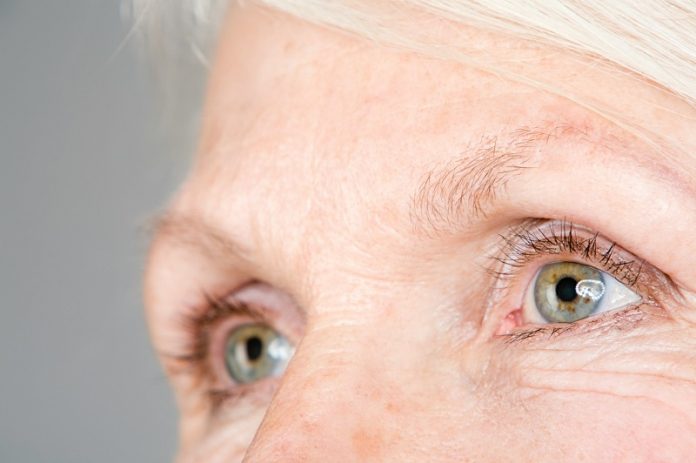
Glaucoma is an eye disease that slowly damages the nerve at the back of the eye, called the optic nerve. This nerve is important because it sends signals from your eyes to your brain, helping you see.
What makes glaucoma dangerous is that it often causes no pain or early warning signs. Many people don’t know they have it until they’ve already lost part of their vision. Once that vision is gone, it can’t come back. That’s why glaucoma is sometimes called a “silent thief of sight.”
A new study from Sweden has found that many older adults have glaucoma without knowing it. The research is part of a long-term project called the H70 study. This project has been going on for 50 years and looks at how people’s health changes as they age. In this part of the study, eye doctors checked the vision of 560 people who were all 70 years old.
The results surprised the researchers. Almost 5% of the people had glaucoma. Even more surprising was that half of those with the disease didn’t know they had it. They only found out because they joined the study and had their eyes tested.
Dr. Lena Havstam Johansson, the lead researcher, said this discovery was very important. Because these people were diagnosed early, they could begin treatment to protect their vision.
Glaucoma treatment is often simple and usually starts with eye drops that help lower the pressure inside the eye. Lowering this pressure can slow down or even stop further damage to the optic nerve.
One reason glaucoma is hard to detect early is that people usually don’t notice any problems with their sight in the beginning. The brain can use information from the healthy eye to fill in the missing parts of what the damaged eye is not seeing. So even if one eye is losing vision, the person may not realize anything is wrong.
Also, not all people with glaucoma have high eye pressure. In this study, many people with newly found glaucoma had normal eye pressure, which shows that pressure alone is not enough to find the disease.
Glaucoma can run in families. If someone in your family has it, your chances of getting it are higher. The Swedish study also supports this fact. But the good news is that people with glaucoma in the study were just as active and emotionally well as those without it. They didn’t smoke more or drink more, and they still enjoyed life.
Still, glaucoma can make some daily activities harder. People in the study who had glaucoma said they found it more difficult to see things off to the side, walk up stairs, or notice curbs when walking in the evening. These problems can make someone feel less confident going out, so they might choose to stay home more often.
The study shows why regular eye check-ups are so important, especially if you are getting older or have a family member with glaucoma. Even if your vision seems fine, a full eye exam can catch the disease early. That way, you can start treatment right away and protect your vision for years to come.
If you or someone close to you is told they have glaucoma, don’t panic. With early treatment, many people keep their sight for the rest of their lives. You can still do the things you enjoy. Knowing about the disease is the first step in taking care of your eye health.
This study is a reminder that many older people may have glaucoma and not know it. It also shows how important eye exams are for staying healthy as we age.
Other studies are also exploring how eye problems like diabetic eye disease are becoming more common, and how certain diets or even surgeries might help protect the eyes or even reduce the risk of other diseases like dementia. The Swedish study was published in the journal Acta Ophthalmologica.
If you care about eye health, please read studies about how vitamin B may help fight vision loss, and MIND diet may reduce risk of vision loss disease.
For more information about eye disease, please see recent studies about how to protect your eyes from glaucoma, and results showing this eye surgery may reduce dementia risk.
Copyright © 2025 Knowridge Science Report. All rights reserved.



